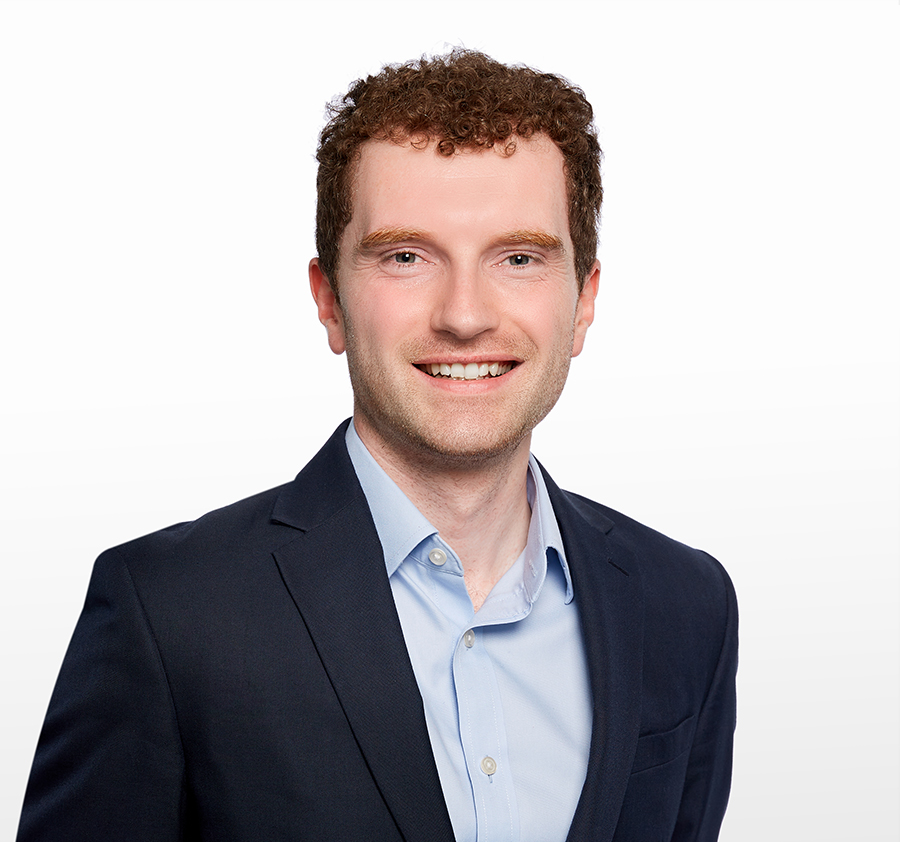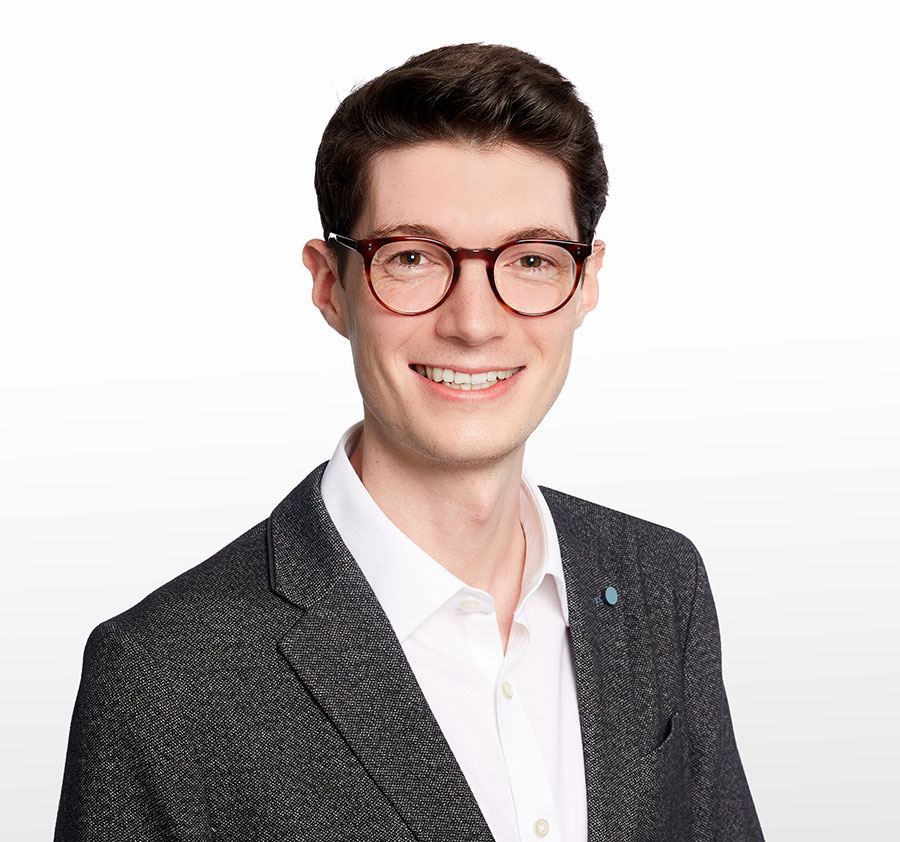About Oliver Herd:
Oliver studied medical biochemistry at the University of Manchester, after which he completed a PhD at the University of York and a postdoctoral position at Imperial College London. His academic background is interdisciplinary, having worked in the immunology, haematology, stem cell and oncology related fields. Oliver’s academic research has been published and presented internationally. He also has experience in industry, having worked for a major pharmaceutical company and in antibody manufacturing.
About Kealan Fallon:
Kealan holds a PhD in Organic Chemistry and a first class master’s degree in Chemistry, both from University College London (UCL). Before joining the IP profession in 2022, he held postdoctoral fellowships at Harvard University, Columbia University, and the University of Cambridge. He has published over twenty peer-reviewed journal articles and held two patents on his academic research. He is a Fulbright Scholar and a Ramsay Fellow.
In this blog post we hear from Oliver Herd and Kealan Fallon, who are both new trainees working in the Cambridge office. They talk about why they were drawn to a career as a patent attorney.
Oliver
I was fortunate enough to obtain some valuable IP work experience before joining Appleyard Lees, so I had a fairly good idea of the day-to-day activities of a trainee. Highlights of being a trainee patent attorney so far have been my involvement in prosecution work (learning about overcoming Examiners’ arguments as to why patents should be granted) and patentability work (assessing whether an invention is likely to be granted prior to filing).
As every invention is different, I look at inventions spanning different areas of technology nearly every day, unlike my role academia where my technology focus was narrower. I particularly enjoy applying my scientific understanding across such a wide range of inventions.
In the biotech space, inventions often have a clear therapeutic purpose. Learning about future patient therapies and being actively involved in the business process that enables these therapies to come to market is a very satisfying part of the job.
Kealan
After doing post-doctoral research for several years, including two life-changing years working in the U.S., I came to realise that I didn’t actually want to be a lecturer, and that having my own research group and pursuing my own research wasn’t what I wanted to do with the rest of my life.
I knew I wanted a job away from the lab and active research, but with a varying day-to-day workload that involved problem-solving and creative thinking, ideally continuing to work across scientific subject areas. The role of a patent attorney was a great fit. It’s an opportunity to work at the intersection of science and law, working directly with inventors to protect their innovations. It offers me the chance to put the communication skills I gained in academia into practice. It sounded perfect, even if it meant signing up to sit exams again!
I discovered Appleyard Lees through their Greenshoots blog. The podcasts also were an excellent resource for getting an inside view of what it means to be a patent attorney. After an opportunity to experience the job first-hand and a number of friendly interviews, I was thrilled to accept an offer to join the firm.
I’ve been with the firm for a couple of months at the point of writing, and already I’ve been involved in an opposition in front of the European Patent Office, worked on prosecution in the U.K. and overseas, and drafted a new patent on an exciting invention for a multinational chemical corporation.









